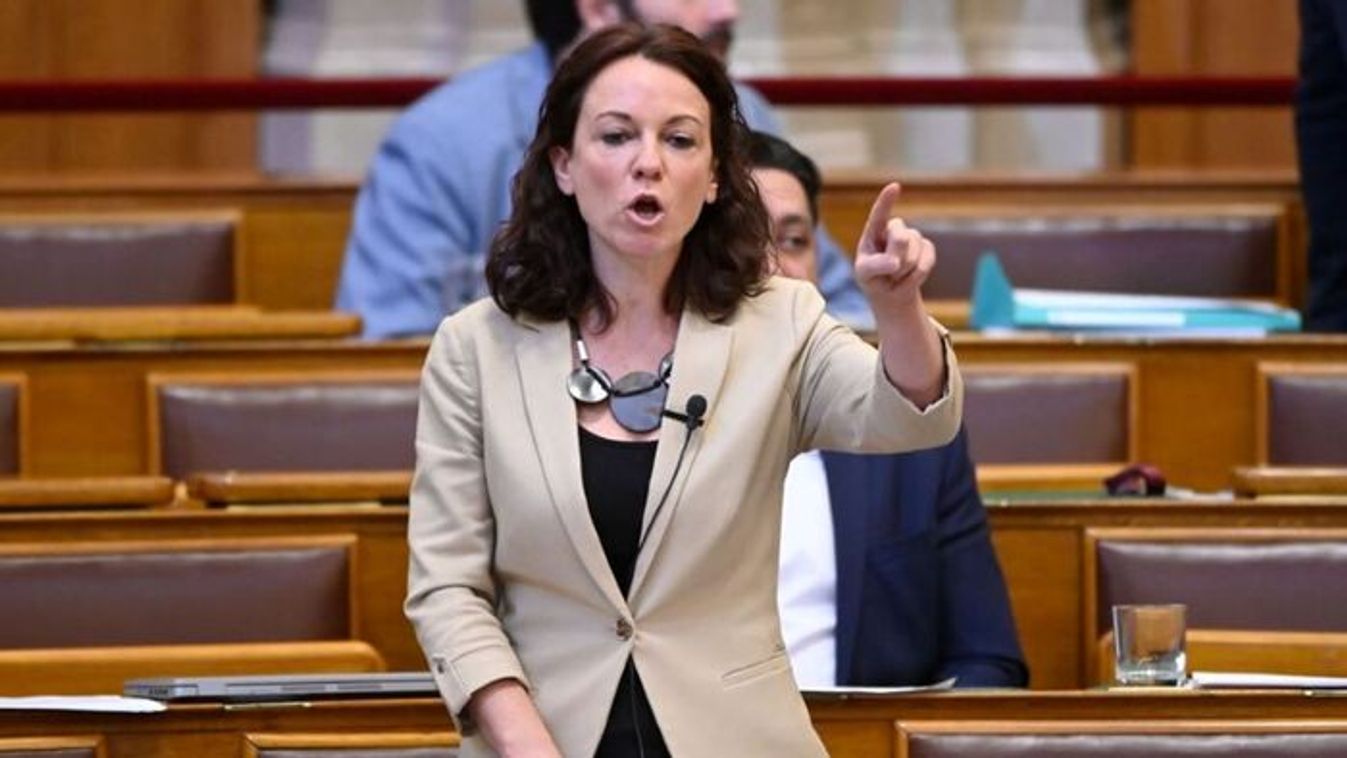„It fails the test of basic logic. Or perhaps basic knowledge part #2. If you look at the numbers, like the chart after the jump, you can see that budget-balancing involves a threshold choice. You can be for preserving tax cuts in toto, or you can be for cutting the deficit. But because the tax cuts have played such a major role in creating the deficit, if you have any regard for math or logic you really can't be for both. But most House Republicans are.
It displays a lack of tragic imagination. Many on the right have talked themselves into the view that it would be no big deal for the U.S. to go into technical default for a while. And I am sure that the »disaster strikes at midnight!« scenarios about what would happen on August 2 are way overblown. But anyone who thinks this controversy has had no effect on America's standing and assumed credit-worthiness, or that an actual default, whenever it occurred - in late August, in September - would not hurt us in the short and long run, needs to get out more. Out into the world, where assessments of basic American steadiness are now being recalibrated.
It has turned into zealotry, by which I mean utter disregard for the practical consequences of acts. A Republican demand for $16 million in cuts from the FAA budget (plus some anti-union provisions) has led to an FAA shutdown that has in turn, as the NY Times reports, led to a $25 million per day loss in fees the airlines paid to the FAA. That is, zealotry on this point has already cost the government more than ten times as much as the cuts would have saved. The most predictable consequence of a federal default, in the name of »reducing the deficit«, would be a huge increase in the deficit - through higher interest costs and lower revenues because of the resulting disruption to the economy. It doesn't matter.”









